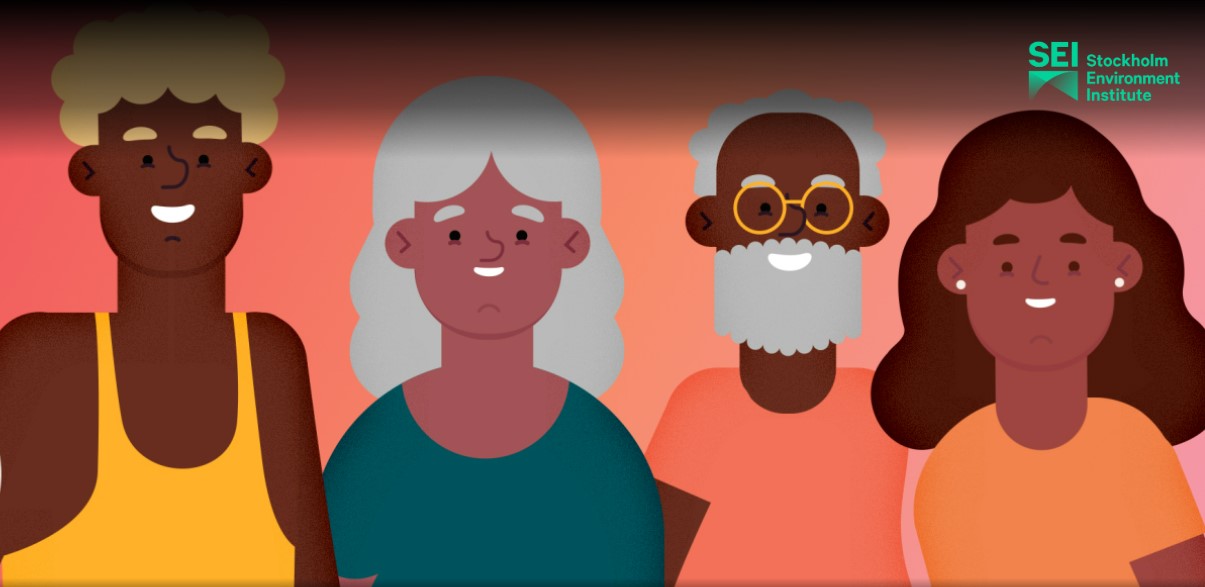
Equitable Technology: Sensors for Clean Water
This project is based on co-development, a collaborative approach to research in which end users and other stakeholders actively participate in the process of innovation throughout a project.
Context
Diarrhoeal diseases result in approximately 1.8 million deaths each year worldwide, in many cases due to a lack of access to clean water.
In this inter-disciplinary project, we have taken an innovative approach to the development of water monitoring technology in which we have collaborated with communities most affected by the lack of clean water, to co-design, test and validate technology that meets their needs, skills and environment and that engages with community institutions and social structures.
The primary deliverable will be a community appropriate technology that responds to the local context to ensure water safety that improves the health, wealth and well-being of poor and marginalised communities. We will also deliver a generic process for participatory technology development that will ensure science and engineering works effectively for the poor and marginalised.
Aims and Objectives
Underpinned by our expertise in analytical technology, microbiology, critical social science and participatory action research, this project will co-develop effective, equitable and appropriate technologies for testing of water quality in poor and marginalised communities in Vanuatu.
Objective 1: Establish list of technology requirements and user needs through microbiological assessment of community water sources and facilitated community discussions.
Objective 2: Demonstrate microbiological activity sensor(s) and novel biosensor arrays for testing microbial water quality and evaluate in-lab against community challenges, needs and requirements.
Objective 3: Informed by economic assessment, engineer water monitoring prototypes, including development of ancillary components, for use in-community by community members and NGOs.
Objective 4: Validate water sensor technology alongside co-designed community institutions through in-community trials.
Objective 5. Develop and demonstrate a versatile approach for the innovation of equitable technology that embeds end users in technology development and validation.
Related links
Prof Steven Johnson (steven.johnson@york.ac.uk), School of Physics, Engineering and Technology
Prof Jonathan Ensor (jonathan.ensor@york.ac.uk), IGDC Co-Director, Department of Environment and Geography and SEI-Y
Steven Johnson, School of Physics, Engineering and Technology
Jonathan Ensor, IGDC Co-Director, Department of Environment and Geography and SEI-Y
James Moir, Department of Biology
Thomas Krauss, School of Physics, Engineering and Technology
Oxfam
Unicef
Department of Water Resources, Government of Vanuatu
Rhys Ashton, Callum D. Silver, Toby W. Bird, Ben Coulson, Andrew Pratt, Steven Johnson, Enhancing the repeatability and sensitivity of low-cost PCB, pH-sensitive field-effect transistors, Biosensors and Bioelectronics, 227, 115150 (2023)
Daniel Vorbach and Jonathan Ensor, Autonomous Change Processes in Traditional Institutions: Lessons from Innovations in Village Governance in Vanuatu. International Journal of the Commons, 16(1), 173 (2022)
